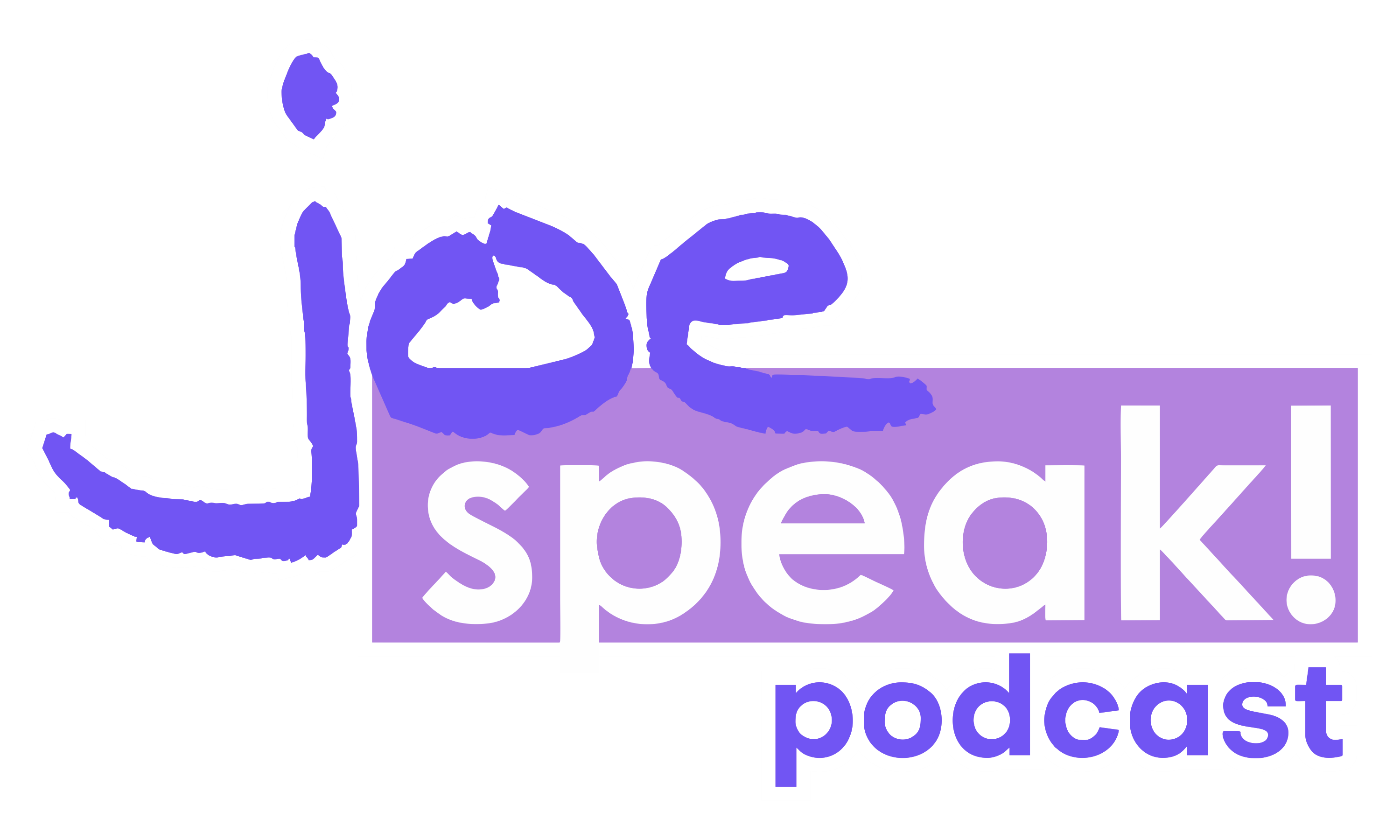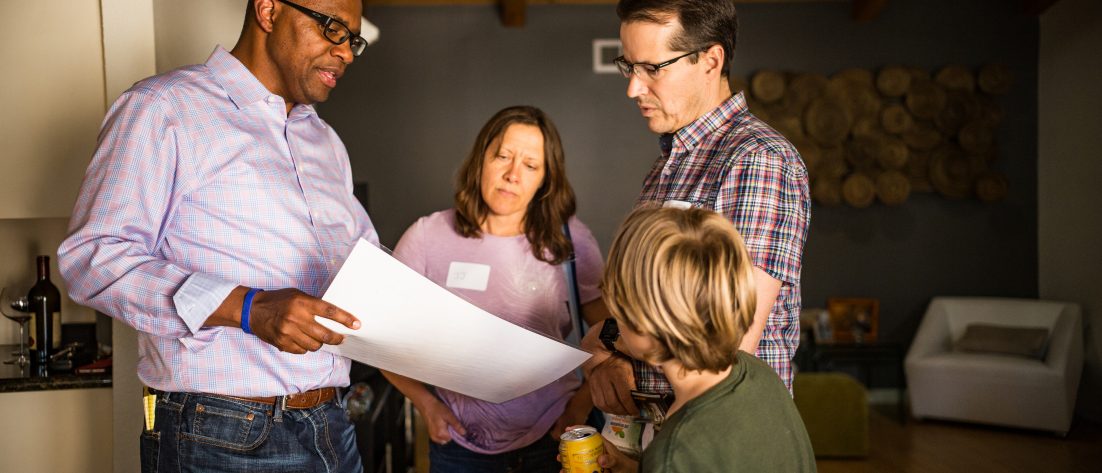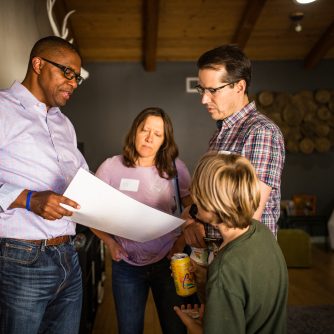The killing of George Floyd by Minneapolis police has rocked our nation. The reactions of peace loving individuals all over the country have led to protests at a level not seen in at least a generation. Natural feelings abound: outrage, anger, hopelessness, and fear. However, for progress, we must work at doing things that sometimes are unnatural to many: taking chances to listen, recognize and validate differences, and striving to understand. That can be facilitated by keeping the following in mind.
We are Forever Changed
It is imperative that we recognize that we are at a different place as a society, and there is no going back. In the last three months, we have had a “trifecta” through COVID-19, related economic devastation, and now racial unrest (probably intensified by the first two). Those that long for a “return to normal” will be sorely disappointed. Among other things, the “trifecta” has served to pull back the figurative covers on what lies beneath: massive inequities and exposures of the weakness of our social safety net. Because we are in a different time, it is incumbent on us to do different things.
It’s Time to Have Difficult Conversations
If you are not having difficult conversations, you are comfortable where you are, and there is nothing comfortable about this time. Growth is inherently uncomfortable, and even painful. Remember the term “growing pains?” Notice they didn’t say: “growing comfort.” But, the good news is that we can do the difficult work of conversations, acknowledgement, and action in safe spaces. Safe spaces are arenas that we set up, where we let people know that they can convey their thoughts, feelings and ideas without condemnation. College communities have historically been centers of every expression of the goings on in society; good, bad and otherwise. Campuses have gotten better at creating the infrastructure that allows for safe spaces. Increased diversity means different voices. With this in mind, campus communities are uniquely positioned to ensure that vehement disagreements are recognized respectfully, that constructive conversations occur, and those conversations can combine with institutional resources to effect progress.
Embrace the “Amphitheater Theory”
Years ago, my best friend’s mom Janis took me and my friend to a rap concert (Run-DMC and the Beastie Boys). We sat in different parts of the venue. After the concert, when talking about the highlights we saw, it was interesting that often Janis saw different things than we did, and vice versa. It was almost like we were at different shows, because we had different views. From that I derived the “Amphitheater Theory.” How you see things depends on where you sit. We say it all the time without realizing it when we tell someone “you need to see where I am coming from.” That has never been more true, or more important, than now. People are watching what is going on now from their different positions in the amphitheater of life, which is why we see different things. Recognize that how one feels about any issue will be informed by how they grew up, what their parents told them, what they were taught, and what they saw in their community. It is imperative that we validate people’s different experiences and do not demonize them because they have different experiences. Embracing the amphitheater theory will get us talking, and listening.
Do the Work of Nuance
We will lose if we look at what is going on and ignore context and nuance. People that are scared can easily slip into ignoring the legitimacy of peaceful protests because of those that are using the opportunity to loot and to destroy. But, at the same time, the same people will be quick to demand that protestors separate the few “bad apples” among police from the many good police officers that do their jobs every day. It is difficult to put everyone—-be it black men, police, or protestors, into one box, particularly if you are not in that box yourself. We do this for safety reasons; i.e., everyone in this box is good, or bad, you you can deal with it accordingly. It keeps children safe (stay away from strangers is an early lesson). But, we do not recognize that when we get older and more mature, we have the skills to decide who, and what, to be around, and who, and what not to. The point is, having honest discussions about what needs to change, requires work; the work of gathering facts, of listening, and of understanding. We must be mature enough to do that work. When we ignore that work and instead apply our first taught, safety-driven lesson, it can serve to oversimplify situations, ignore necessary nuance, and deter progress.
You Can be the Difference
We hear a great deal from those that were around for the protests that followed the 1992 exoneration of the officers that brutally beat Rodney King. While the issue may be the same, we have fresh reinforcements to be the “hands on deck.” The education community, including students in collaboration with education professionals, can provide fresh eyes, and fresh perspective that recognizes the past but takes on our real challenges with new urgency. You need to look no further than the protests that have occurred in the last week; they are the most diverse, racially and ethnically mixed contingent that many of us have ever seen. They are in most of our states and many of our major cities. While there are differences between people and their perspectives, a common theme of valuing all humanity hovers over these protests. Recognizing that there is much to do and giving it your ear and your heart, and being willing (not perfect) gets us on the road. Despite real despair in this crucial moment, the common embrace of humanity should make us all hopeful that perhaps this is the time that our society moves the ball closer to equality and fairness for all.


